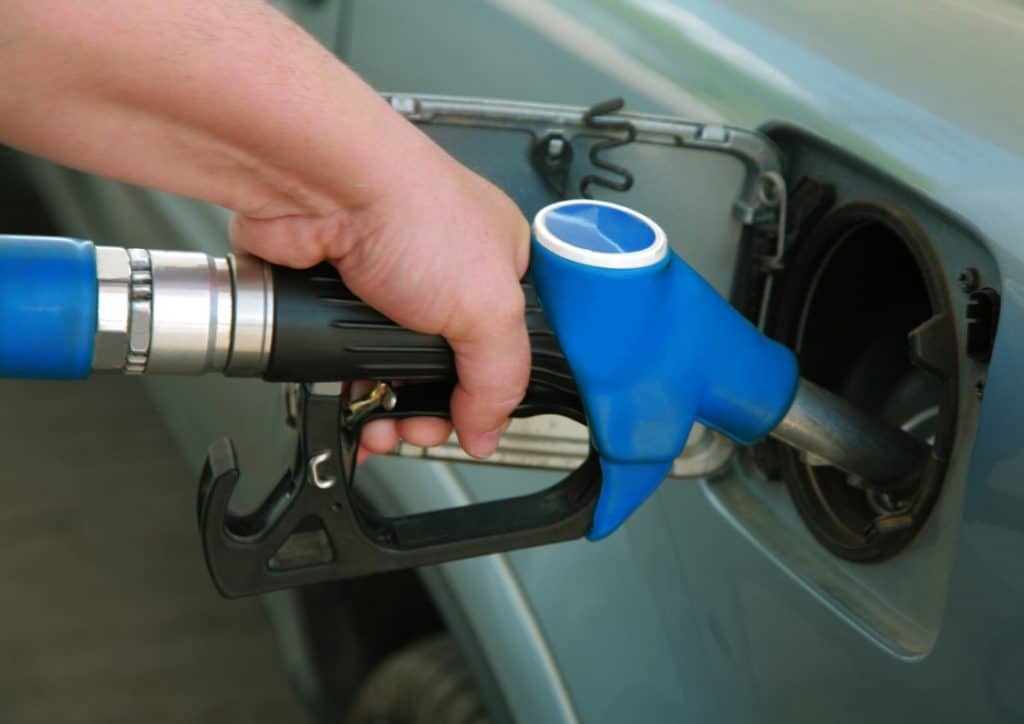Global use of leaded petrol has finally been eradicated, marking a major milestone for the environment and human health.
—
What is Happening?
- The use of leaded petrol has officially ended when the last refinery in the world, located in Algeria exhausted its stocks in July.
- The UN Environment Programme (UNEP) announced the end of leaded petrol use worldwide will prevent more than 1.2 million premature deaths and save USD$2.45 trillion a year.
- Urgent multilateral action is still needed to decarbonise the global transport sector to mitigate the climate crisis and global air pollution.
The UN Environment Programme (UNEP) announced on Monday, August 30 that the era of leaded petrol is finally over after the last refinery in the world in Algeria exhausted its final stocks of leaded petrol in July.
This marks an nearly 20-year campaign led by the UNEP and partners to eradicate the use of leaded petrol around the world and a century since scientists have proven lead in petrol has catastrophic effects for the environment and public health. The toxic fuel has been contaminating air, dust, soil, drinking water and food crops for decades while studies have suggested that it affects the development of the human brain, particularly in children.
By the 1970s, almost all petrol produced around the world contained lead and despite medical warnings, 117 countries were still providing and using the harmful fuel in 2002 – most of which were Sub-Saharan African nations and lower income countries.
The UNEP led a campaign, in partnership with NGOs, scientists and private oil companies, to phase out the use of the toxic substance. This required years of awareness raising, technical support, and corruption case battles.
“The successful enforcement of the ban on leaded petrol is a huge milestone for global health and our environment,” said Inger Andersen, Executive Director of UNEP. “Overcoming a century of deaths and illnesses that affected hundreds of millions and degraded the environment worldwide, we are invigorated to change humanity’s trajectory for the better through an accelerated transition to clean vehicles and electric mobility.”
In what the UNEP is calling a “major success story”, the eradication of leaded petrol is also a significant milestone in making transportation cleaner and greener. But the UN agency warns that efforts should not end here. The transport sector is still responsible for nearly a quarter of energy-related global greenhouse gas emissions and is set to grow to one third by 2050, according to the IPCC report.
You might also like: Biden Targets Making 50% of All New US Autos Electric by 2030


















